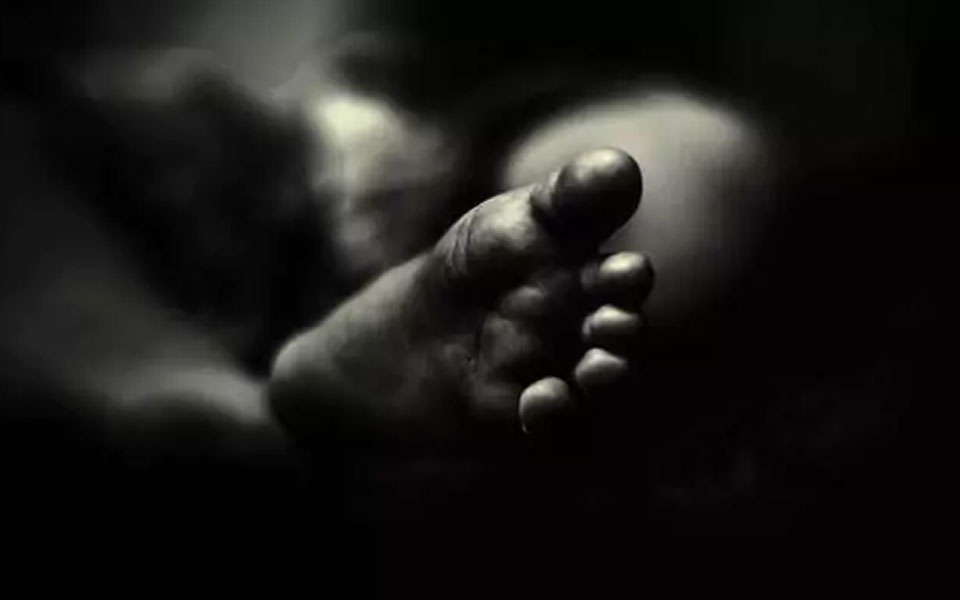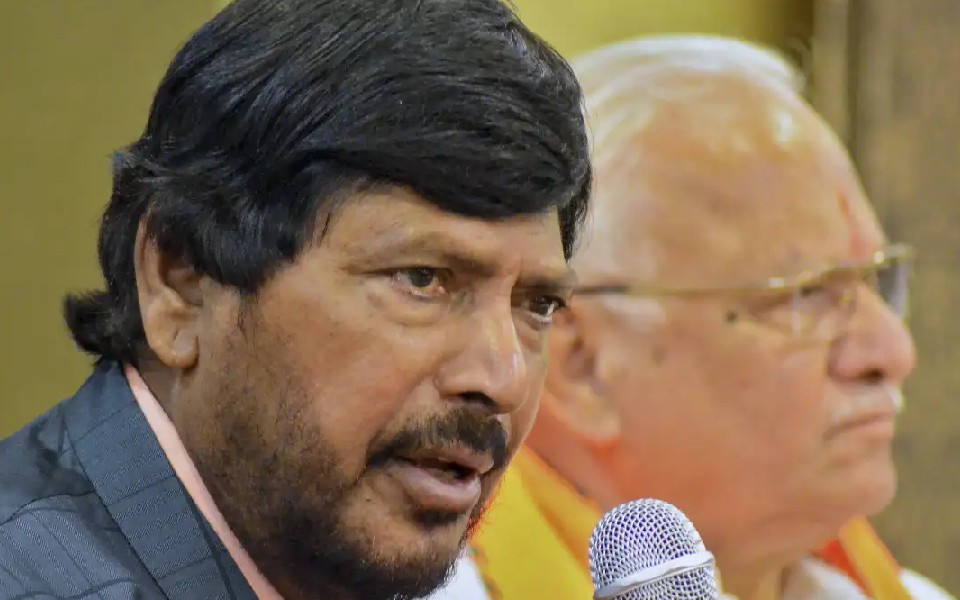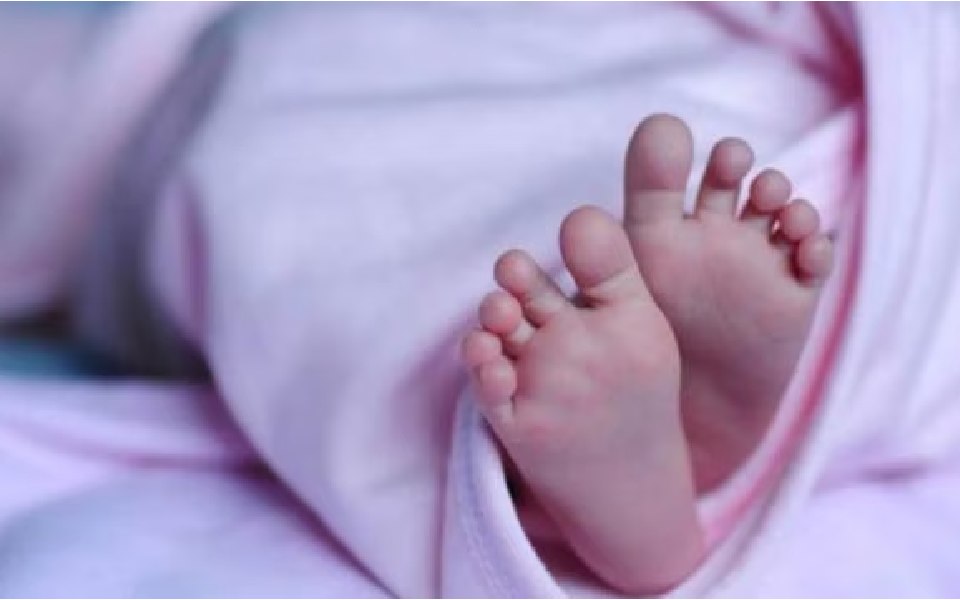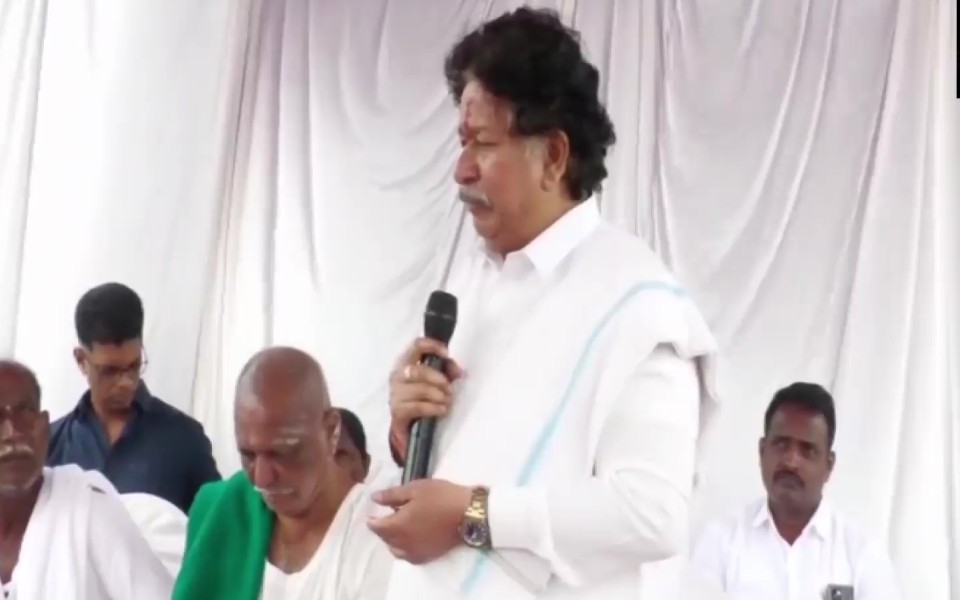New Delhi, June 10 : The government's efforts at improving access to quality maternal health services and increased emphasis on women's education are some of the reasons behind India's groundbreaking progress in reducing the maternal mortality ratio (MMR) by 77 per cent, the WHO said on Sunday.
According to the World Health Organization (WHO), the MMR has declined by 77 per cent from 556 per 100,000 live births in 1990 to 130 per 100,000 live births in 2016.
A special bulletin on 'Maternal Mortality in India 2014-16' by Sample Registration System (SRS) noted that the MMR in India fell to 130 in 2014-16 from 167 in 2011-13 with three states - Kerala (46), Maharashtra (61) and Tamil Nadu (66) - already achieving the SDG target.
"India's present MMR is below the Millennium Development Goal (MDG) target and puts the country on track to achieve the Sustainable Development Goal (SDG) target of an MMR below 70 by 2030," Poonam Khetrapal Singh, WHO Regional Director for South-East Asia, said in a statement.
She attributed the achievement to the increased coverage of essential maternal health services, which has doubled since 2005.
"While the proportion of institutional deliveries in public facilities has almost tripled, from 18 per cent in 2005 to 52 per cent in 2016 (including private facilities, institutional deliveries now stand at 79 per cent)," Singh said.
Another is the state-subsidised demand-side financing like the Janani Shishu Suraksha Karyakram, which allows all pregnant women delivering in public health institutions to free transport and no-expense delivery, including caesarian section.
As a result of the programme, overall, 75 per cent of rural births are now supervised, as compared to 89 per cent of urban deliveries.
The scheme, launched in June 2011, has played a major role in closing the urban-rural gap traditionally seen in institutional births, Singh noted.
Further, India has also put significant emphasis on mitigating the social determinants of maternal health , with 68 per cent women now able to read and write and just 27 per cent entering marriage before the age of 18.
"These factors alone have enabled Indian women to better control their reproductive lives and make decisions that reflect their own interests and wants," Singh said.
Finally, the government has put in substantive efforts to facilitate positive engagement between public and private health care providers.
In addition, efforts to facilitate positive engagement between public and private health care providers has also reaped significant benefits.
Government campaigns such as the Pradhan Mantri Surakshit Matritva Abhiyan have allowed women access to antenatal check-ups, obstetric gynaecologists and to track high-risk pregnancies - exactly what is needed to make further gains and achieve the SDG targets, Singh said.
India's achievements are already having wide-ranging human impact, and are of immense inspiration to other countries, she added.
Let the Truth be known. If you read VB and like VB, please be a VB Supporter and Help us deliver the Truth to one and all.
New Delhi, Nov 26: RPI(A) leader Ramdas Athawale, a key BJP ally, on Tuesday called for a quick decision on the next chief minister of Maharashtra and suggested that incumbent Eknath Shinde should shift to the Centre as a Union minister.
Addressing a press conference here, Athawale also backed senior BJP leader Devendra Fadnavis as the next chief minister of Maharashtra, contending that the saffron party won the maximum number of seats in the 288-member Assembly and should have the right to the top executive post in the state.
He said a peculiar situation has arisen in Maharashtra where BJP leaders want Fadnavis as the chief minister, while Shiv Sena leaders want Shinde to continue in the post, citing the good work he has done over the last two and a half years.
Athawale, the Union Minister of State for Social Justice and Empowerment, said NCP leader and Deputy Chief Minister Ajit Pawar has declared that he was not in the race for the chief minister.
"We need to resolve this matter, without any further delay. The election results were announced on November 23 and we should have had the oath of the new chief minister on November 26, the Constitution Day," Athawale said.
Backing Fadnavis for the post of chief minister, Athawale said Shinde can become the deputy chief minister or shift to the Centre and join the government led by Prime Minister Narendra Modi.
Athawale said his RPI(A) has a presence in every part of the state, but unfortunately lost the two seats -- Dharavi and Kalina -- offered to it in the recent Maharashtra Assembly elections.
He demanded that an RPI member be made an MLC and a minister in the state government.
The BJP-led Mahayuti won a landslide victory in the Maharashtra Assembly elections winning 235 seats in the 288-member House. The BJP won 132 seats, followed by Shinde-led Shiv Sena (57) and Ajit Pawar-led NCP (41). Smaller parties, who are part of the alliance, won five seats.





